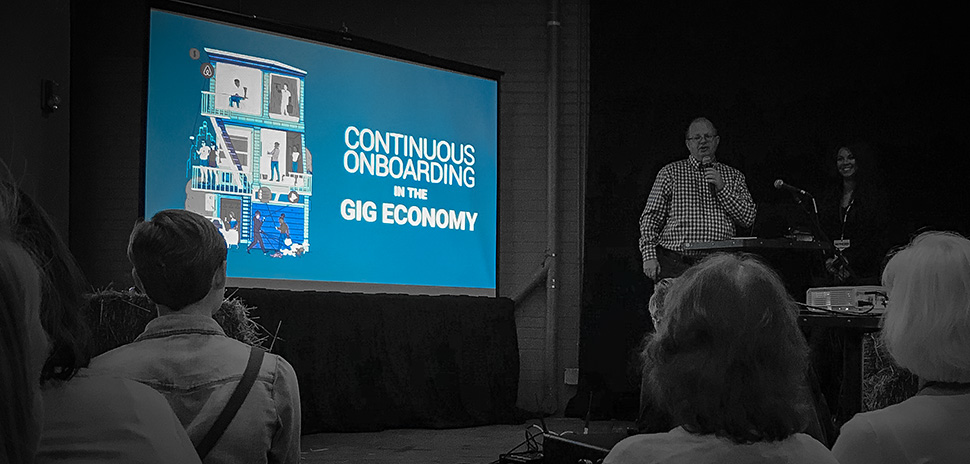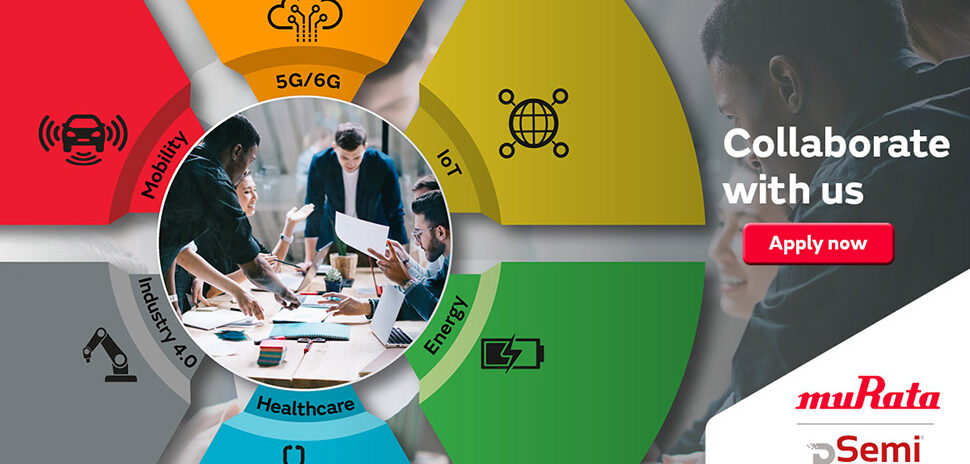What if Stephen King had gig tools?
At the Big Design conference last week, Brian Sullivan posed this question to audience members during the Continuous Onboarding in the Gig Economy presentation.
Sullivan, along with co-presenter Katherine Vatalaro (scheduled co-presenter Ben Magill was unable to attend), walked attendees through the topic of how companies within the gig economy should handle the onboarding process.
If you don’t know what onboarding is, you’re not alone. Sullivan asked the crowd to raise their hands if they knew what onboarding means, and after the majority of the audience raised their hands, he announced that every single one of them was wrong.
“Most people think that onboarding is orientation, day one. It is not. Onboarding is much more than orientation.”
Brian Sullivan
“Most people think that onboarding is orientation, day one. It is not,” Sullivan said. “Onboarding is much more than orientation.”
Stephen King did odd jobs such as working as a taxi cab driver and mechanic, as well as renting out his house to support himself while writing novels. Many people face similar circumstances now—except that they have the advantage of more accessible companies, such as Lyft and Airbnb.
There are 178 million people working within the gig economy, Sullivan said. As this number continues to increase, the gig economy will be commonplace within five years.
Twenty-five percent of employees quit within the first 90 days, Vatalaro noted. This is why continuous onboarding is key for companies in the gig economy. So if listeners were curious about how to execute it at their own workplaces, Sullivan and Vatalaro offered helpful advice.
“We want to share with you this concept that’s happening in Silicon Valley where day zero is the new day one,” Sullivan said. “So as soon as you sign the agreement, get the offer, and are ready to go, that’s when the action really starts.”
Tips such as sending welcome kits to new employees, making sure that they can access equipment, and sending assignments before they officially start can make them feel more secure at a new company and less likely to quit, Sullivan explained.
“We need to treat gig workers like we treat our customers,” Sullivan said. “Respected, accepted, connected, valued, trusted.”
With the gig economy continuing to rise, now is the time to make meaningful changes.
![]()
Get on the list.
Dallas Innovates, every day.
Sign up to keep your eye on what’s new and next in Dallas-Fort Worth, every day.






























